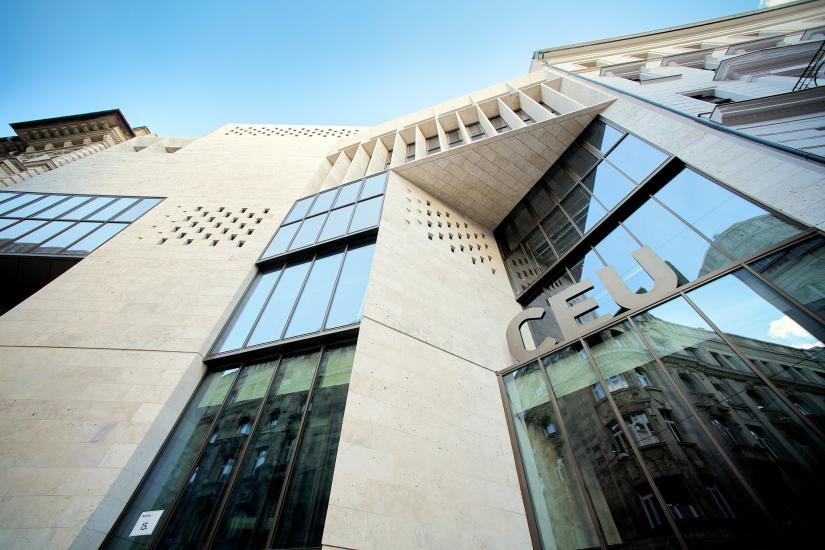
The School of Public Policy, Department of International Relations, and Department of Political Science at CEU jointly invite you to the
Ambassadors‘ Lectures series
“Dreams in Politics“ H.E. Rastislav Kacer
Slovakian Ambassador to Hungary
Chair and Moderator: Prof. Dr. Reinhard Bettzuege German Ambassador ret.
On January 1, 1993 the Slovak Republic officially came into existence, slightly more than three years after the so-called “’Velvet Revolution“ which helped to bring down the communist regime that had controlled Chechoslovakia since 1948. Except for a brief period during WW II when Slovakia was a protectorate „state“ of Nazi-Germany the Slovaks have lived under the rule of stronger political entities like the Czechs of the Chechoslovak Federation, the Magyars of the Austro-Hungarian Empire and the Habsburg Empire. Although as a nation state the Slovak Republic is less than three decades old Slovaks have existed as a unique entity for about 1500 years. The short history of independent and sovereign Slovakia is one of a desire to move from mere autonomy (within the Chechoslovak Federation) to sovereignty – a history of resistance against being called „the nation after the hyphen“ (Checho-Slovakia). The ‘’Velvet Divorce“ brought about this national dream: The Chechs and the Slovaks went their separate way – only to reunite soon after as member states of the European Union and NATO. On January 1, 1996 the law established Slovakian as the official language, controversial because of its impact on the Slovak- Hungarian minority. So the dream of a small nation of 5,4 mio people had come true. What then is the Slovak dream of today, when very recent developments show people are turning to the streets in their thousands.The Slovak Ambassador will present answers.
About the series: More and more national identities and ambitions are discussed on a global scale and thus political dreams are formulated by governments, political parties, and parliamentarians. To mention only a few we hear about the Chinese Dream, read about the Canadian Dream, follow the Catalonian Dream of independence, know about the Palestinian Dream, the Czech Dream, the Slovak Dream, the Brexit Dream, the Trump Dream of America First, Macron’s Dream of a new France, the Indian Dream after 70 years of independence, last but not least the European Dream. There is also a Hungarian Dream. We would like to examine these political projections closer, look at the history, the origin of these conceptions and the way they are brought forward. First-hand introduction into and elaboration on these dreams of nations are provided by the accredited Ambassadors of their countries. What political and policy agenda their countries have to make these dreams come true?